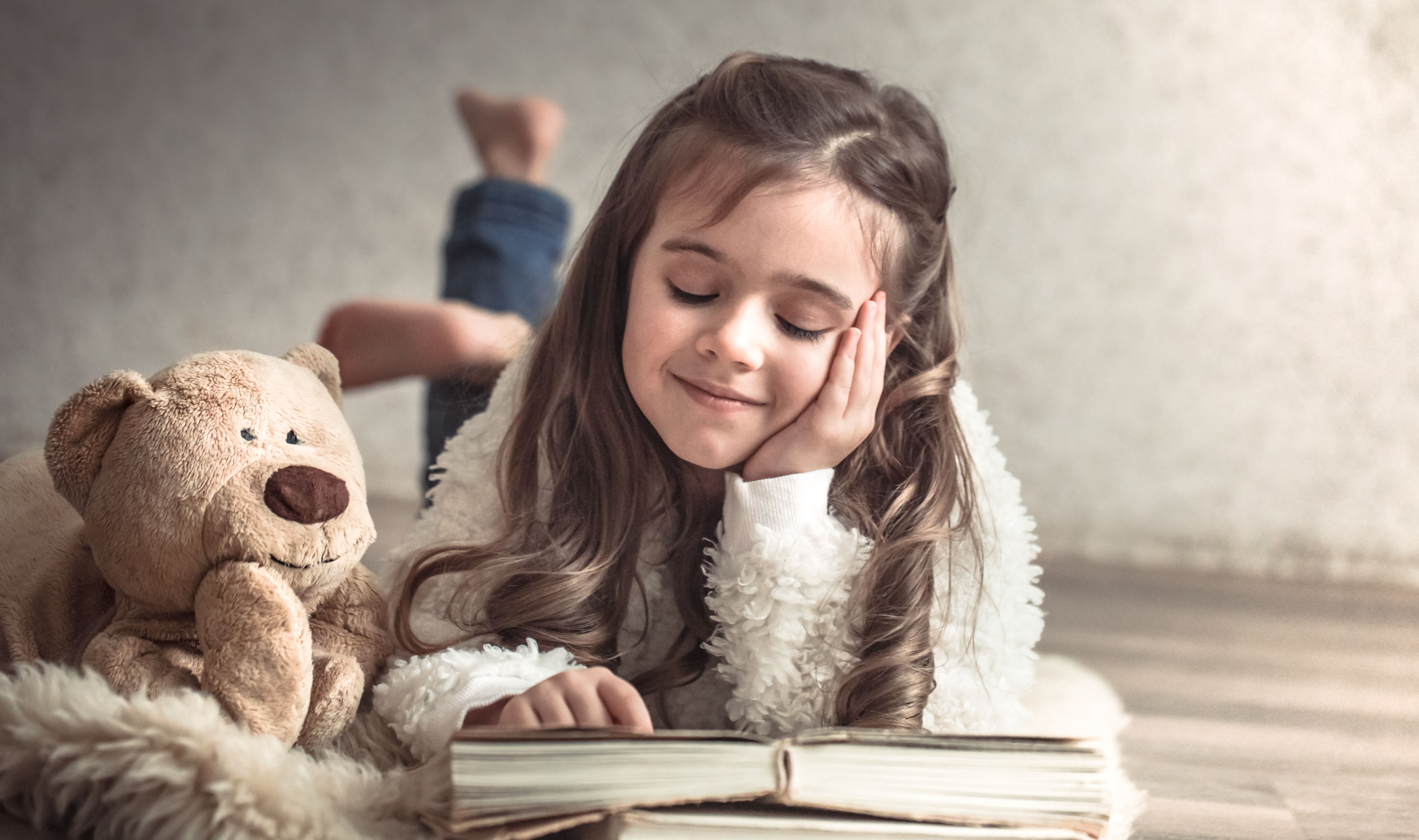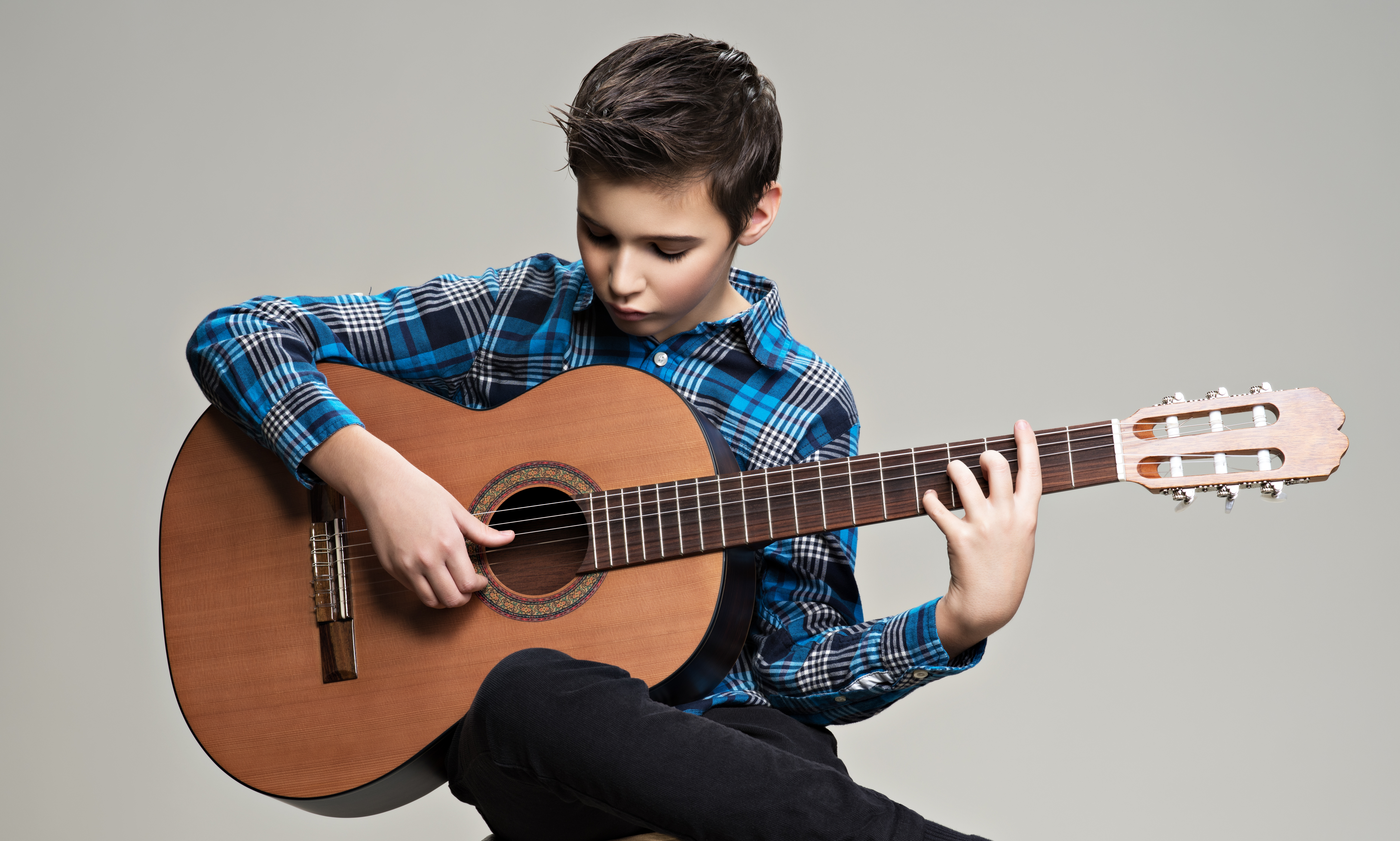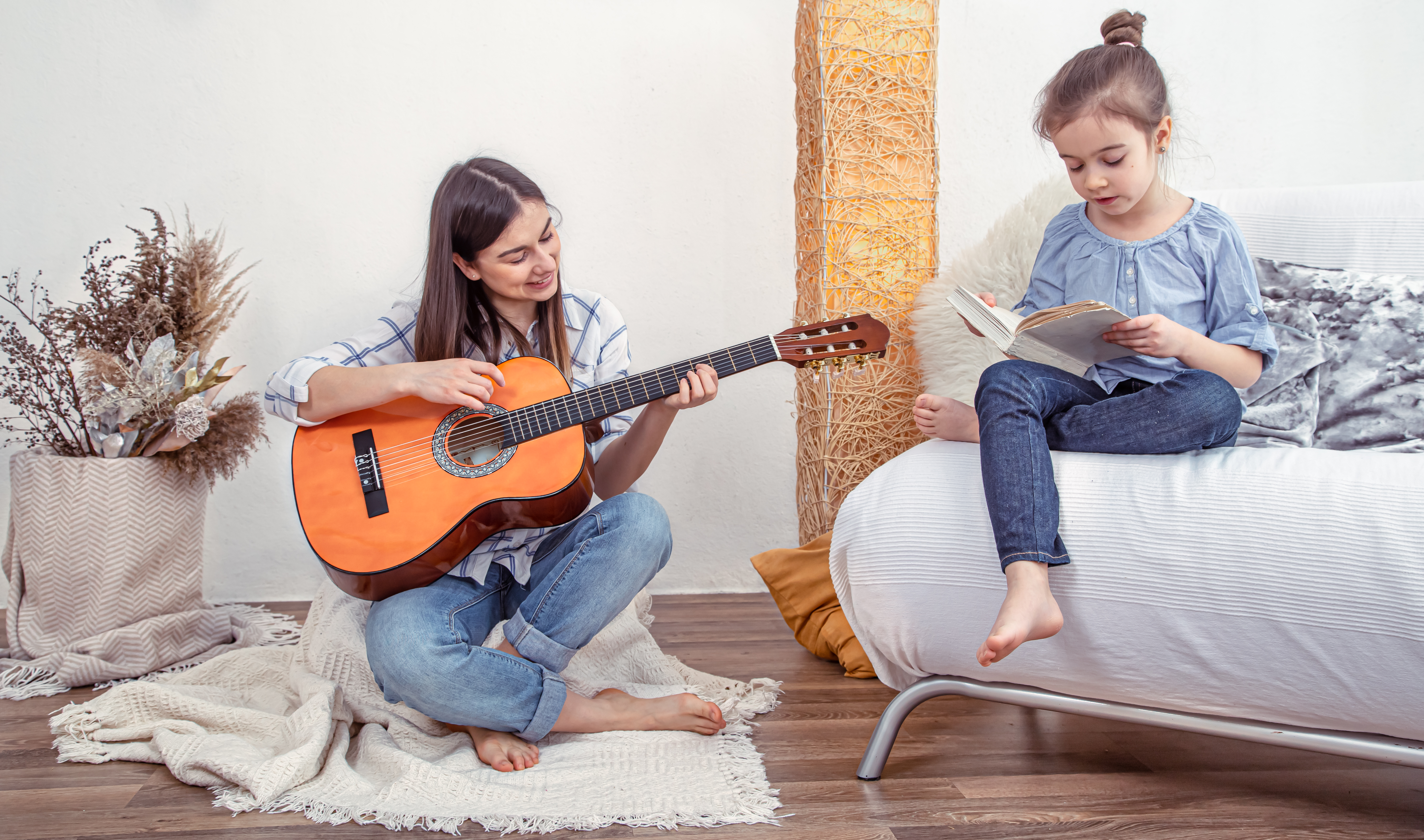During the research, we examine how the indicators of children’s reading performance change and develop as a result of the training. The study consists of three phases: 1) Pre-training; 2) Training; 3) Post-training. We aim to involve children who can participate in the entire process, that is, in all three phases.
Phase 1:
As a preliminary assessment, we evaluate the children’s reading and musical-rhythmic abilities using computer-based tests, as well as some paper-based tests. These do not require more effort than typical school tasks. Additionally, we will make an audio recording of the children’s reading aloud and text recall.
Phase 2:
In the second phase, we will divide the children into two groups, where they can participate in two different developmental training programs. Both trainings take place in a playful, child-centered environment and with methods that do not require a specific amount of curriculum, assessment, or report. Everyone can proceed at their own personalized pace and motivation, so the tasks do not impose additional performance pressure on the children. The sessions will be conducted twice a week for 45 minutes over a period of four months, after school hours.
One training is the so-called specific musical training, which, building on several successful foreign and domestic musical training programs, develops children’s hearing and speech comprehension, primarily focusing on rhythmic characteristics, but also including elements aimed at sound intensity and melody perception. Methods and tasks used in the training include singing and imitation tasks, nursery rhymes, learning children’s songs, rhythmic exercises with percussion instruments, clapping, and representing music with various visual elements. The children’s school provides the venue and timing for the training sessions.
The other group participates in what is called generic musical training within a folk dance framework, hosted by the House of Traditions, which develops children’s movement, sense of rhythm, and improvisational skills through experience-centered folk dance activities and nursery rhymes based on Hungarian folk music. The dance sessions are accompanied by live traditional Hungarian folk musicians, making the experience of live music an additional motivation for the children.
Phase 3:
After the training, we will conduct the same assessments again as in Phase 1.



